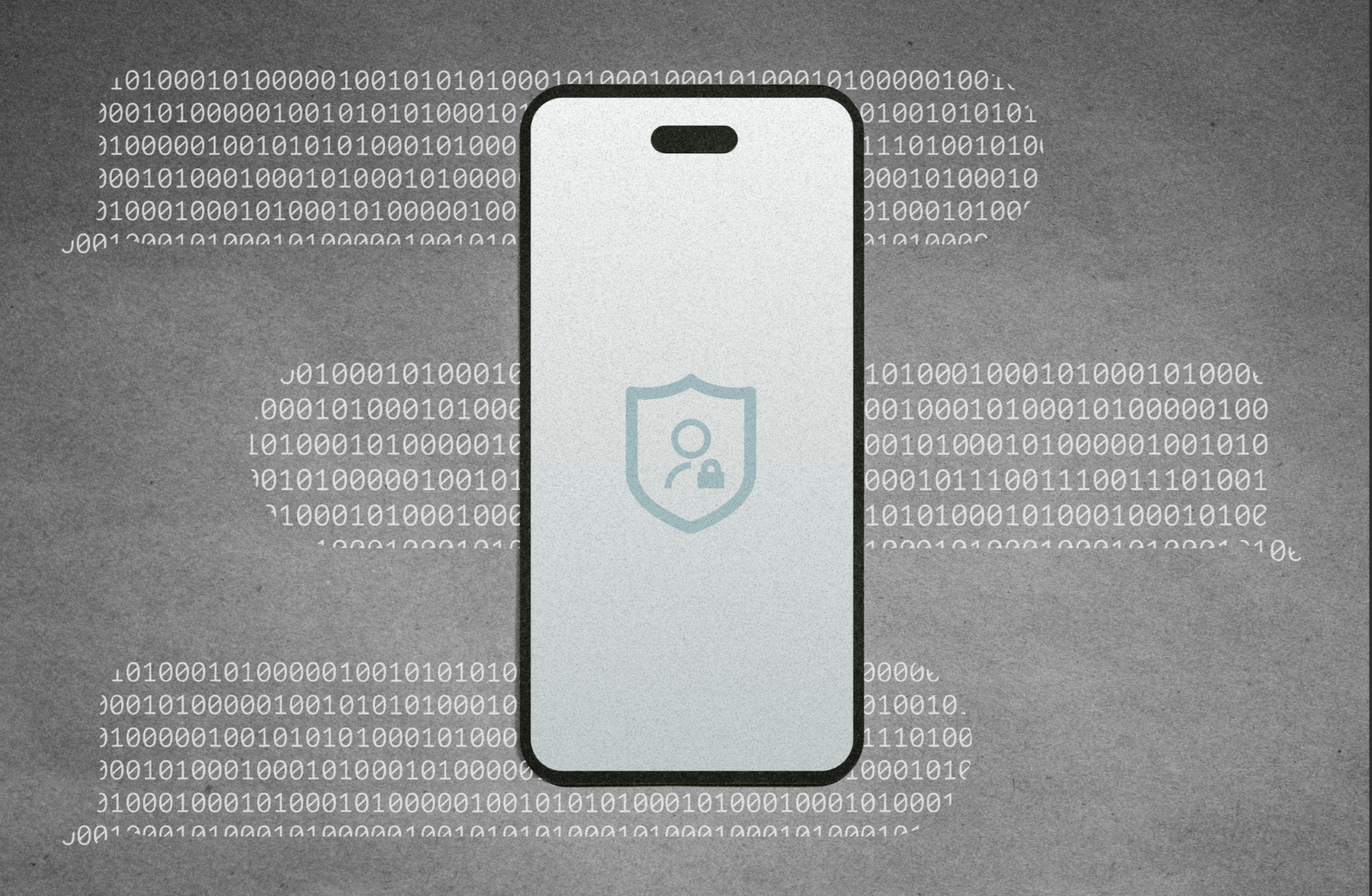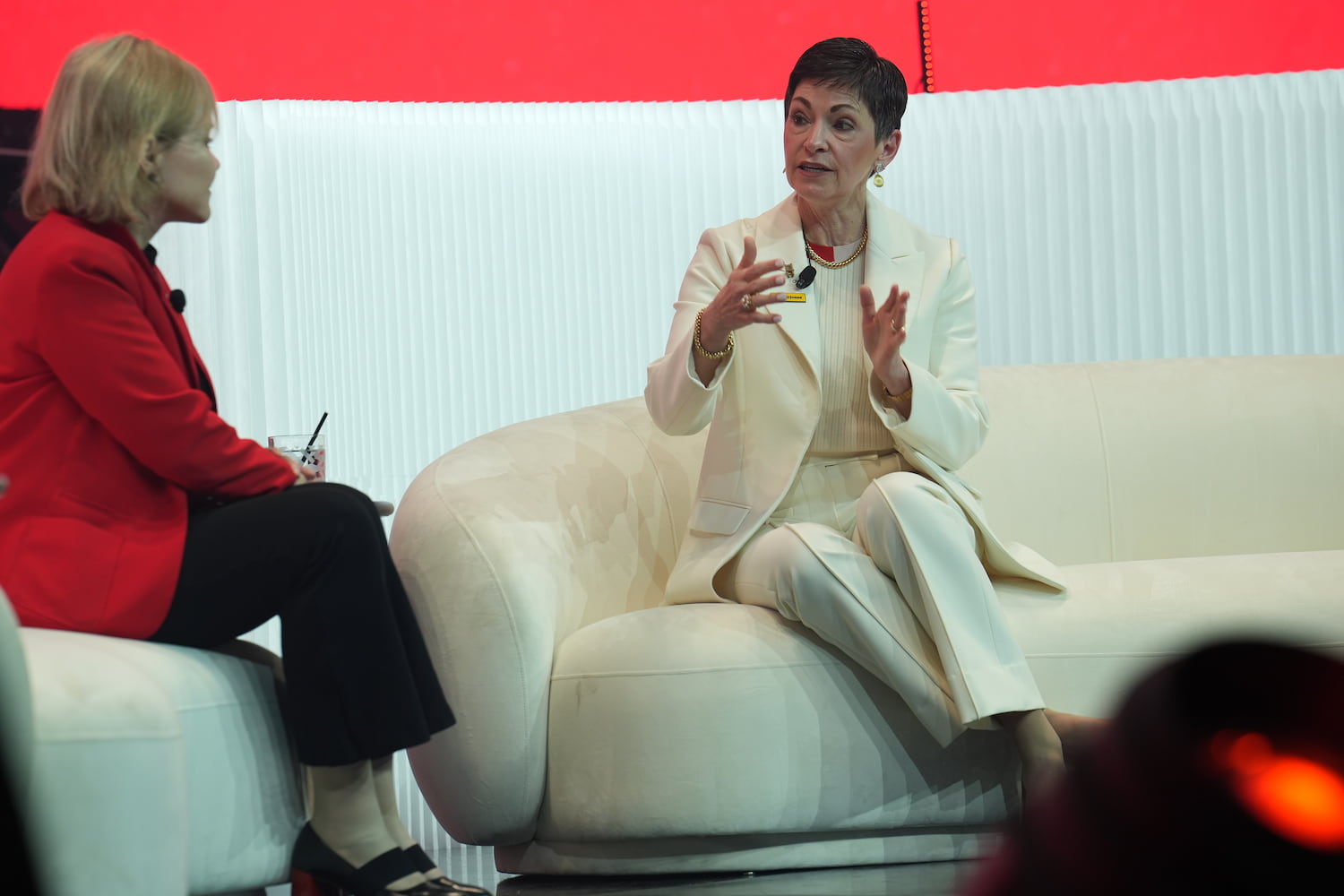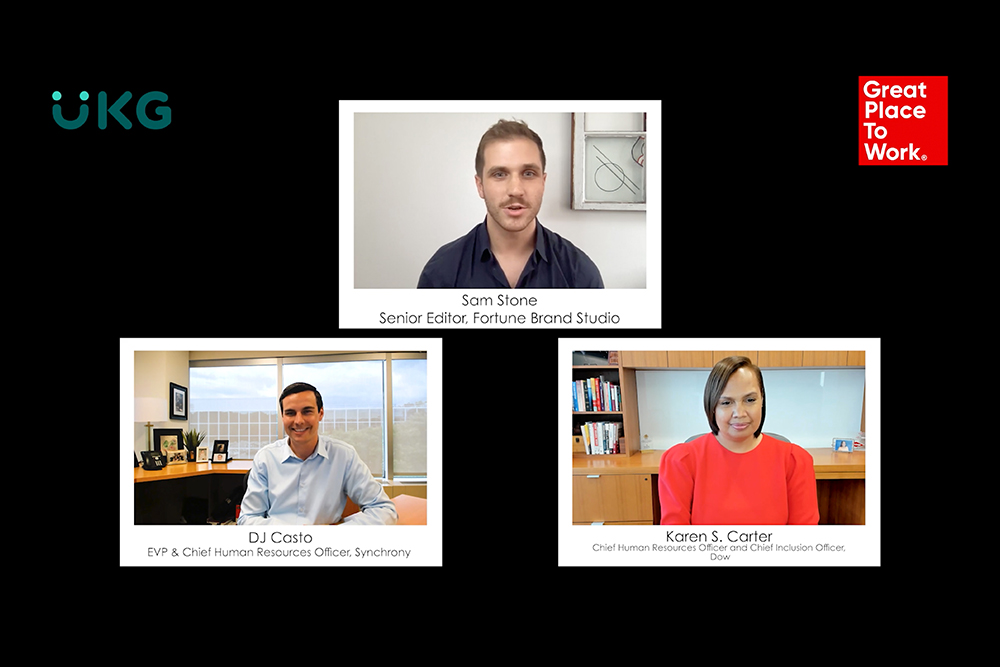Employee Well-being, Leadership & Management
Why this CEO has made it a business imperative—and why you should consider it, too.
The past few years have been a rollercoaster ride for people and business, given seismic world events, socio political upheaval, and of course, the pandemic.
Although anger, fear, and grief have always been present in the workplace, the pandemic has left people feeling even more vulnerable, anxious, and exhausted, overwhelmed by anticipation of what could be around the corner.
Research from MIT Sloan indicate that 81% of workers face some form of burnout or mental health issue; 68% of employees say their daily work has been interrupted by these challenges.
Mindfulness, one of the most accessible mental health tools available, helps us to pay attention to our thoughts, emotions and physical sensations, more clearly. It is one aspect of employee well-being. Regular practice helps both leaders and employees be more present and in better alignment with and control of their feelings.
As a CEO, I have found that it also helps develop greater emotional intelligence and empathy — skills that bring teams together and make them feel a deeper sense of belonging.
As culture architects, leaders are responsible for establishing an environment that is conducive to psychological safety, teamwork, and collaboration. Yet the nature of our 24/7 digital world, with its information overload, can be overwhelming and distracting for even the most dedicated employees.
The constant flood of stimuli can cause emotional damage, which presents itself at work in a lack of mental acuity, poor attendance, fraught relationships, and reduced productivity.
That’s why the centuries-old practice of mindfulness is more timely and relevant than ever. It is the perfect antidote to a digital world that never stops coming at us.
Why we should be mindful at work
Mindfulness is not a new age fad; it’s a valuable practice for all generations and it’s growing in popularity among digital natives—especially millennials, who make up 35% of the workforce — and are seeking more work-life balance.
In a state of mindfulness, you are better equipped to self-regulate and be consciously present. Over the course of a few minutes, you build an awareness of two aspects of your moment-to-moment experience — “what’s going on around you and what’s going on within you" by focusing and tuning out the noise.
Allowing for reflection, you gain access to clearer thinking versus being reactive, which often stems from learned behavior patterns, according to the Wharton School of Business.
The centuries-old practice of mindfulness is more timely and relevant than ever. It is the perfect antidote to a digital world that never stops coming at us.
Mindfulness bolsters leadership skills by providing greater clarity and control over thoughts and emotions. Leaders engaged in the practice are more self-aware, think before they speak, build greater trust in management, foster interpersonal relationships, improve overall employee wellness, reduce sick days, and deepen team engagement.
In organizations undergoing digital and or agile transformations, practicing mindfulness will better prepare individuals and teams to be fully present, leading to heightened mental agility, creative problem solving, and resilience — all vital skills in today’s fast-changing world. Importantly, such things can foster innovation and strengthen an organization’s competitive advantage.
When employees can access mindfulness, there’s an obvious difference in overall energy, stamina, and productivity; people are more open to new ways of thinking and learning.
Mindfulness can also increase interpersonal bonds, create an openness to new ways of thinking, and stimulate learning, compassion, and empathy — attributes that are associated with successful teams.
Mindfulness bolsters leadership skills by providing greater clarity and control over thoughts and emotions.
Here are four ways to practice mindfulness at work:
1. Focus on breathing.
Taking deep breaths lowers your blood pressure and decreases Cortisol — a stress hormone — which can improve your mood. By actively focusing on your breathing, you reduce outside distractions and help to calm your mind and refocus. It is an effective way to curb burnout at work.
Try this popular “box breathing” technique, which originated in India and was popularized in the U.S. by the Navy SEALs. Mindfulness and deep breathing is one of the ways to curb burnout among employees.
2. Actively listen.
Instead of nodding and giving an automatic response, try being more fully present and mindful of what others are saying until it’s your turn to speak.
Rather than thinking about what you are going to say, listen with the intent to understand, not with the intent to respond. You’ll benefit from letting go of any internal noise and creating space and openness to process what co-workers are trying to communicate to you.
3. Schedule short breaks.
Allow yourself time to transition between tasks or if you’ve been working on the same task for some time, take a respite. Set a smartphone reminder and step away for just five minutes — this can help to reset the mind and body.
You can also practice box breathing while you walk around your home or office, without distractions (music, phone, or other people). Alternatively, step outside and focus on the sights, sounds, and smells around you.
4. Avoid multitasking.
Our ability to multitask is a myth. The mind functions optimally when it’s focused on one task at a time. Avoid juggling multiple tasks during portions of your day. Disable push notifications and other alerts on your devices. When you’re in a meeting, be fully present in the meeting. Otherwise, why are you there?
In today’s complex workplace, mindfulness has become a business imperative. Regular practice can make the workplace a healthier and less stressful place to be if we increase our ability to focus more deeply and consider our actions and reactions in the moment.
Meighan Newhouse is co-founder and CEO of Inspirant Group.










